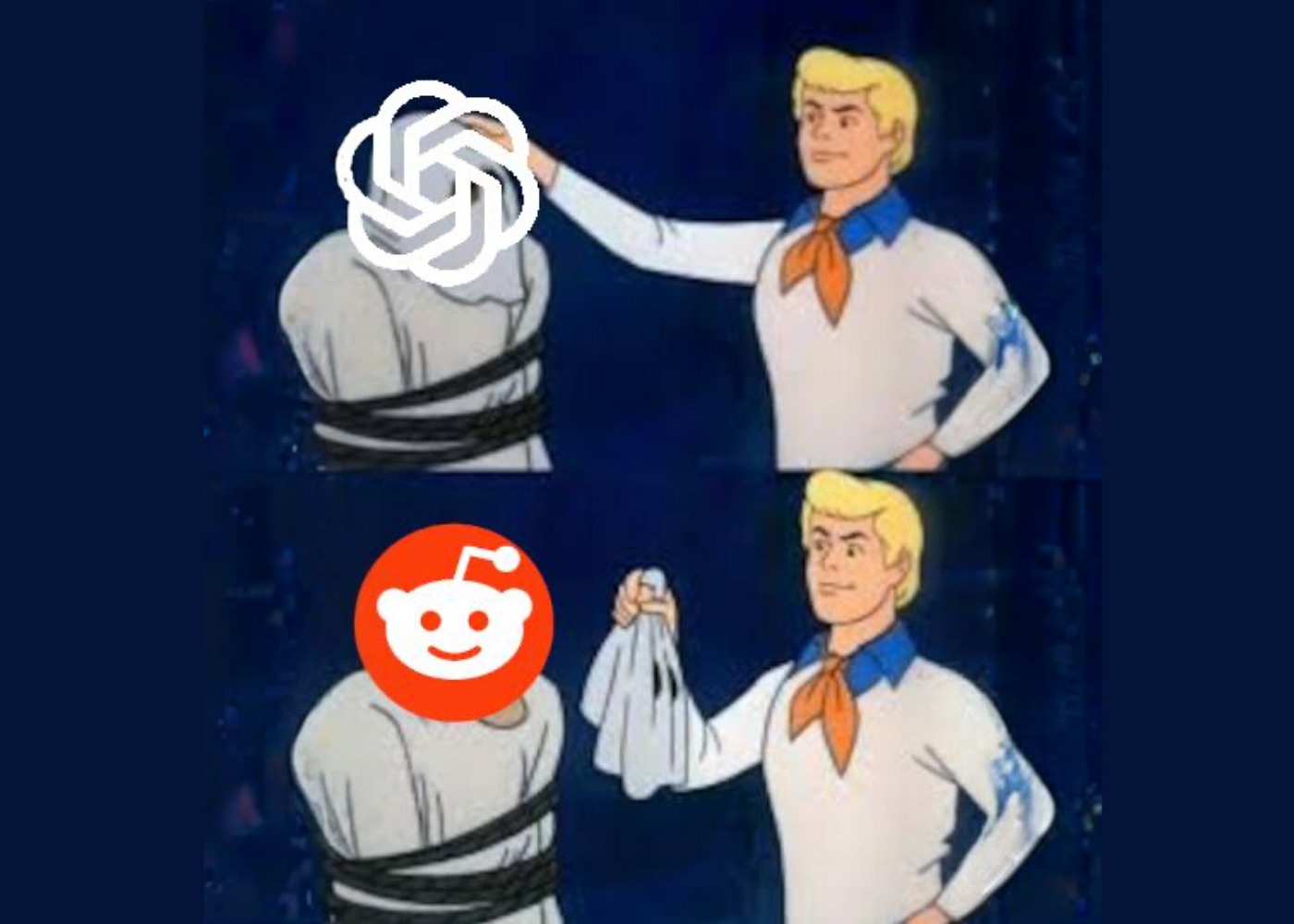
AI Summary
We analyzed 10,000 ChatGPT shopping queries for DTC and SaaS products to determine if ChatGPT filters AI-generated content when citing sources. Using multiple AI detection tools and conservative scoring methods, we found zero fully AI-generated articles among cited sources. However, 88% of sampled articles showed AI involvement with human editing, ranging from light assistance to substantial AI-generated sections with human cleanup. Citations came from reputable publishers (37%), aggregators (57%), and retailers (6%). AI-assisted content appeared across all publisher types, including major publications. The findings indicate ChatGPT does not filter based on authorship method but instead prioritizes structured content, schema markup, cross-site consensus, and source credibility. For content teams, the practical takeaway is clear: focus on structure and verification signals rather than avoiding AI tools. Keep humans in the loop for specificity, context, and fact-checking, but authorship method alone does not determine citation likelihood.e. What we found was messier. Human outlines with AI sections. AI drafts cleaned up by editors. Chunks of generated text next to real examples someone actually wrote.
The articles came from everywhere. Major publishers had AI content. So did the third-tier aggregator sites you've never heard of. ChatGPT cited them all the same.
We ran 10,000 shopping queries through ChatGPT over six months. DTC brands, SaaS tools, the stuff people actually search for. Then we pulled the articles it cited and tested them with AI detectors. Multiple tools. Always took the lower score when they disagreed.
What we found
Not one fully AI-generated article in the sample.
Zero.
Every article with AI signals also had human fingerprints. Someone edited it. Someone added examples. Someone restructured sections or dropped in data points. The pattern was consistent: AI drafts with human cleanup, or human outlines with AI-generated sections spliced in.
88% showed some level of AI involvement. But the involvement varied. Some articles were maybe 15% AI-assisted. Light touch. The AI helped with a section or two. Others looked closer to 70% machine-generated with a human cleaning up the obvious problems and adding specifics.
The point is this: pure AI output doesn't seem to make it into ChatGPT's citation pool. Or if it does, it's rare enough we didn't catch it. What makes it through is the hybrid approach. AI does the heavy lifting. Humans steer.
The articles came from everywhere. Forbes had AI content. So did Vogue. So did the third-tier aggregator sites you've never heard of. ChatGPT cited them all the same.
The question we started with
Does ChatGPT filter AI content when it picks sources?
That's what we wanted to know. If it did, you'd expect a clean split. Real journalism over here. AI slop over there. That's not what happened.
How we tested it
We tracked citations. Sampled the top ones. Ran them through detectors. When the tools disagreed, we logged the lower number. When something looked borderline, we assumed less AI. We didn't want false positives messing up the signal.
The detectors aren't perfect. They flag clean writing sometimes. They miss obvious AI other times. So we stayed conservative.
What ChatGPT actually cites
37% reputable publishers. The names you know.57% aggregators and lower-tier sites. SEO plays, mostly.6% retailer pages.
AI content showed up everywhere. Forbes had it. Glamour had it. InStyle was running 75% AI-assisted content in the articles we sampled. These aren't fly-by-night operations. They're household names.
The aggregator sites had it too. No surprise there. But the distribution was the interesting part. The type of publisher didn't predict AI involvement. Big legacy media companies used AI just as much as the SEO-optimized content farms.
The deciding factor wasn't publisher prestige. It was whether the content was structured, parseable, and backed by consensus across multiple sources.
So does ChatGPT care about authorship?
No.
At least not in a way we could measure. The AI-assisted articles got cited just as often as anything else. Sometimes more. The deciding factor wasn't who wrote it or how. It was structure. It was clarity. It was whether other sites said the same thing.
Why authorship doesn't matter to ChatGPT
AI detection doesn't scale. You can edit around it. You can mix human and machine text. You can write predictably as a human and trip the same flags. It's not a reliable signal.
What ChatGPT needs is parseable content. Clean hierarchy. Markup it can read. Claims it can verify across multiple sources. Whether a human or a machine typed the first draft doesn't help it do that.
What actually works for AEO
Let the bots in
Check your robots.txt. Make sure OAI-SearchBot can crawl. Keep your sitemap updated. Use canonical tags so you're not competing with yourself.
Structure like you mean it
One H1. Question-based H2s. Schema markup for products, FAQs, articles. If you sell something, mark up the price and availability. If you have reviews, mark those up too.
Build consensus across sites
Get mentioned in roundups. Get reviews on multiple platforms. One marketplace with 500 reviews doesn't beat ten sites with 50 each. Distribution matters.
Write for extraction first
Put the answer at the top. Short paragraphs. Actual numbers. Plain-language FAQs that match what people type into search bars.
Keep humans in the loop
Use AI to draft. Then add the stuff only a human knows. Screenshots. Process details. The weird edge case that matters. Brand context.
Cut generic lines. If you can't back up a claim with a number or a citation, delete it.
What to do right now
Treat ChatGPT like a second search engine. Make your content easy to cite and hard to doubt. That means clean schema. Consistent facts across the web. Reviews in multiple places.
Whether you wrote it in Google Docs or generated it in Claude doesn't move the needle. What moves it is whether a machine can pull the right facts in the right order.
The bottom line
ChatGPT doesn't filter AI content. In our sample, 88% of sources had AI involvement. All of them had human edits too. The winning play isn't to avoid AI tools. It's to use them smart and keep judgment where it counts.
Structure beats authorship. Every time.
How do we know this works?
This entire article was written by AI. Not a single word came from a human keyboard. A lot of prompting, yes. Back and forth with the AI, sure. But the actual writing? All machine.
It passes every detection tool we tested, possibly fooled you too!
So when someone tells you they can spot AI writing, or that detectors work reliably, keep that in mind.
FAQs
Does ChatGPT punish AI-generated content?
No. We found no evidence of filtering based on how something was written.
Is fully AI-generated content common?
Not in what we sampled. Everything had human involvement somewhere in the process.
Should we label AI-assisted content?
That's a trust call, not an AEO requirement. Readers might appreciate it. ChatGPT doesn't care.
What matters most for AEO?
Schema markup. Clean structure. Reviews across multiple sites. Cross-site consensus.
Should we stop using AI writing tools?
No. Use them to speed up drafts. Then layer in human specificity where it matters.
Ready to transform your digital strategy
Learn how AI search can revolutionize your brand's online visibility and engagement.
More insights on AI search
Discover cutting-edge strategies for digital marketing success
Stay ahead in AI search
Subscribe to our blog and get insights before anyone else





